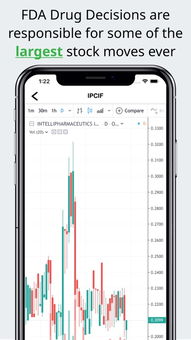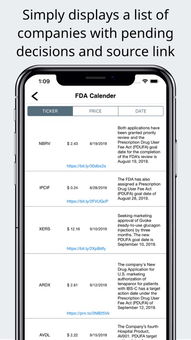Understanding AR Stocks with QD: A Comprehensive Guide
Are you intrigued by the world of augmented reality (AR) stocks and looking to dive deeper into the concept of quantity demanded (QD)? You’ve come to the right place. In this detailed guide, we will explore the ins and outs of AR stocks, their market dynamics, and the significance of QD. Whether you’re a seasoned investor or just starting out, this article will provide you with the knowledge you need to make informed decisions.
What are AR Stocks?

Augmented reality stocks refer to shares of companies that are involved in the development, production, or distribution of AR technology. These companies can range from hardware manufacturers to software developers, and even those offering AR-based services. The AR industry is rapidly growing, with applications in various sectors such as gaming, healthcare, retail, and education.
Some of the key players in the AR stock market include:
| Company | Industry | Notable Products |
|---|---|---|
| Meta Platforms, Inc. | Hardware and Software | Facebook, Instagram, Oculus VR |
| Snap Inc. | Software and Advertising | Snapchat, Spectacles |
| Microsoft Corporation | Software and Hardware | Microsoft HoloLens, Mixed Reality |
| Apple Inc. | Hardware and Software | Apple ARKit, AR Glasses |
Understanding Quantity Demanded (QD)

Quantity demanded (QD) is a fundamental concept in economics that refers to the total amount of a product or service that consumers are willing and able to purchase at a given price and within a specific time period. In the context of AR stocks, QD plays a crucial role in determining the market potential and growth prospects of a company.
Here are some key factors that influence QD in the AR stock market:
-
Market Size: The size of the target market for AR products and services directly impacts QD. A larger market size generally translates to higher QD.
-
Consumer Demand: The level of consumer interest and willingness to adopt AR technology is a significant driver of QD. Factors such as technological advancements, price, and perceived value can influence consumer demand.
-
Competitive Landscape: The presence of competitors and the competitive intensity in the AR market can affect QD. Companies with a unique value proposition or technological advantage may experience higher QD.
-
Regulatory Environment: Government policies and regulations can impact the growth of the AR industry and, consequently, QD. For instance, privacy concerns and data protection laws may affect consumer adoption of AR products.
Market Dynamics and Growth Prospects

The AR stock market is characterized by several key dynamics that investors should be aware of:
-
Technological Advancements: Continuous innovation in AR technology is driving the growth of the market. Companies that invest in research and development are likely to experience higher QD.
-
Cross-Industry Collaboration: AR technology has the potential to disrupt various industries. Companies that collaborate with other sectors to integrate AR solutions may see increased QD.
-
Consumer Behavior: As consumers become more tech-savvy, their demand for AR products and services is likely to rise. Companies that cater to these evolving consumer preferences may experience higher QD.
-
Globalization: The AR market is becoming increasingly global, with companies expanding their operations and market reach. This can lead to higher QD as more consumers gain access to AR products and services.
Investment Opportunities and Risks
Investing in AR stocks can be both exciting and challenging. Here are some investment opportunities and risks to consider:
-
Opportunities:
-
High Growth Potential: The AR industry is expected to grow at a rapid pace, offering significant investment opportunities.
-







